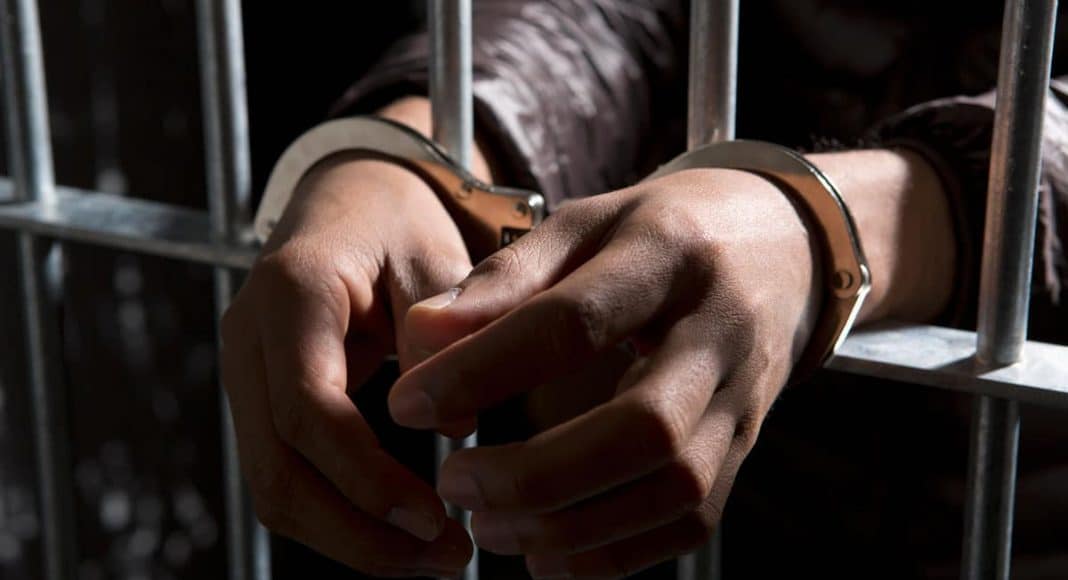Even though marijuana is more socially acceptable than it’s ever been, the number of arrests for possession of the drug is climbing in Pennsylvania. The ACLU just released the findings of a report seven years in the making that proves it.
According to the ACLU:
The report finds that between 2010 and 2016, there were nearly 178,000 marijuana-related arrests in Pennsylvania, nearly 80 percent of which were for possession. Marijuana possession accounted for about 48 percent of Pennsylvania’s overall drug possession arrests for adults in 2016.
A September 2017 poll from Franklin & Marshall College shows 59 percent of Pennsylvania residents support legalization while 31 percent are in opposition. That’s compared to 56 percent support and 37 percent opposition from a poll taken this past May. As arrests have gone up in most of the state, racial disparities have also heightened.
Excluding Philadelphia, where there was a 5 percent decrease in arrests due largely to a “remarkable drop” in police enforcement, the report finds that arrest numbers for both adults and juveniles combined increased by nearly 25 percent between 2010 and 2016 and that “total possession arrests for adults alone increased by more than 33 percent commonwealth-wide when Philadelphia’s numbers were not included.”
The report also finds the state’s marijuana-related arrests increased significantly among black adults.
-
Related Story: Philly Mayor Kenney: Pennsylvania Should Legalize Marijuana
In 2010, the arrest rate among Black adults for marijuana possession was 6.5 times as high as the arrest rate among white adults. By 2016, the rate was 8.2 times as high among Black adults compared to white adults — a 26 percent increase in disparity.
Says ACLU spokesman Andy Hoover, “Legalization is the only solution to this problem.”
Back in April, Philadelphia Mayor Jim Kenny echoed Hoover’s statement. Responding to a police raid of a “smokeasy” party that netted 22 arrests, Kenny suggested a way to end this unnecessary use of police, saying, “The real solution to this is legalizing it in the state of Pennsylvania as they did in Colorado. We won’t have to use police resources in these kinds of activities and actions.”


